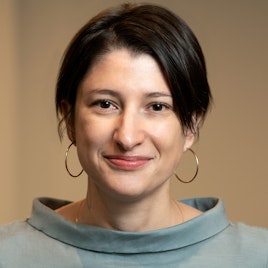Poisonous Fruit and an Unlikely Court Verdict in Ukraine
By Tatyana Margolin
Last month, a district court in Nikolayev, a city in southern Ukraine, acquitted a defendant charged with possession of illegal drugs and running a drug den. Applying what is known in the U.S. as the “fruit of the poisonous tree” doctrine, the court found the defendant not guilty because the evidence against him was obtained illegally.
In many contexts this would seem like a typical justice system at work: the state brings charges against a suspect, a trial is held, lawyers on both sides make arguments, and the court announces a verdict. But the statistics from Ukraine suggest that something special happened in this courtroom. In 2010, less than five percent of 168,800 defendants facing criminal charges were acquitted—a mere 84 individuals. When it comes to defendants who are assumed or proven to use drugs, the number of acquittals is closer to zero.
Illegal searches are common in Ukraine, especially when physical evidence of a crime is located inside a suspect’s home. Police often fabricate documents indicating that the search was consensual, in some cases by forcing a suspect to sign a consent form after the search concludes. In the Nikolayev case, the police found syringes containing illegal substances and the defendant confessed to storing drugs in his house.
Yet the court ruled that the consent the defendant gave for a search of his home could not have been voluntary and that any evidence seized was inadmissable. The judge wrote:
“According to the…Code of Criminal Procedure a search of a dwelling may be conducted without a court warrant upon voluntary consent. The consent must be given voluntarily and knowingly, and not under duress or deceit, and involuntariness of the consent distorts legal nature of the action and turns it into an illegal search executed without a court warrant.”
In this case, the court found that the involuntariness of the search was apparent by the police officers’ forced entry into the defendant’s home and use of handcuffs.
This decision, unnoticed by many in Ukraine, is a giant leap forward for the country’s justice system. The lawyer who brought the case, Igor Skal’ko of the Nikolayev-based NGO Time of Life and the All-Ukrainian Network of Harm Reduction Lawyers, has long represented people who use drugs or are affected by HIV.
This case may very well be the first time a court in Ukraine has looked beyond the signature on a consent form and found a so-called voluntary search to be illegal. The Open Society Foundations, which support the NGOs in this case, hope that the court’s decision sends a clear message to the rest of the country.

Until November 2021, Tatyana Margolin was regional director for the Open Society Eurasia Program.


